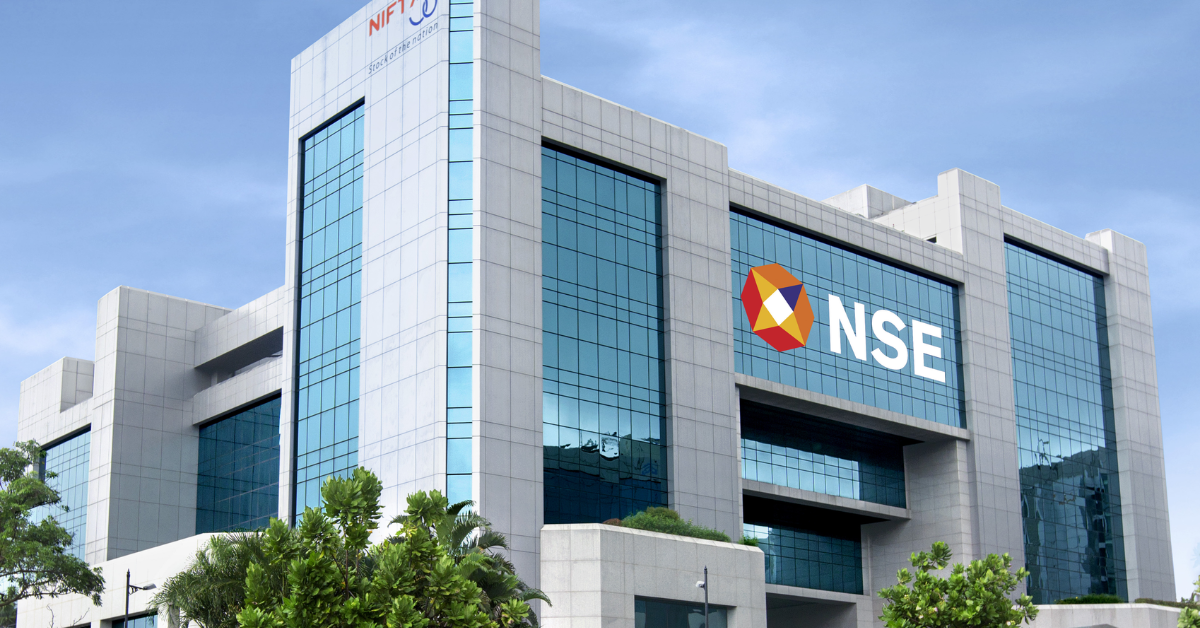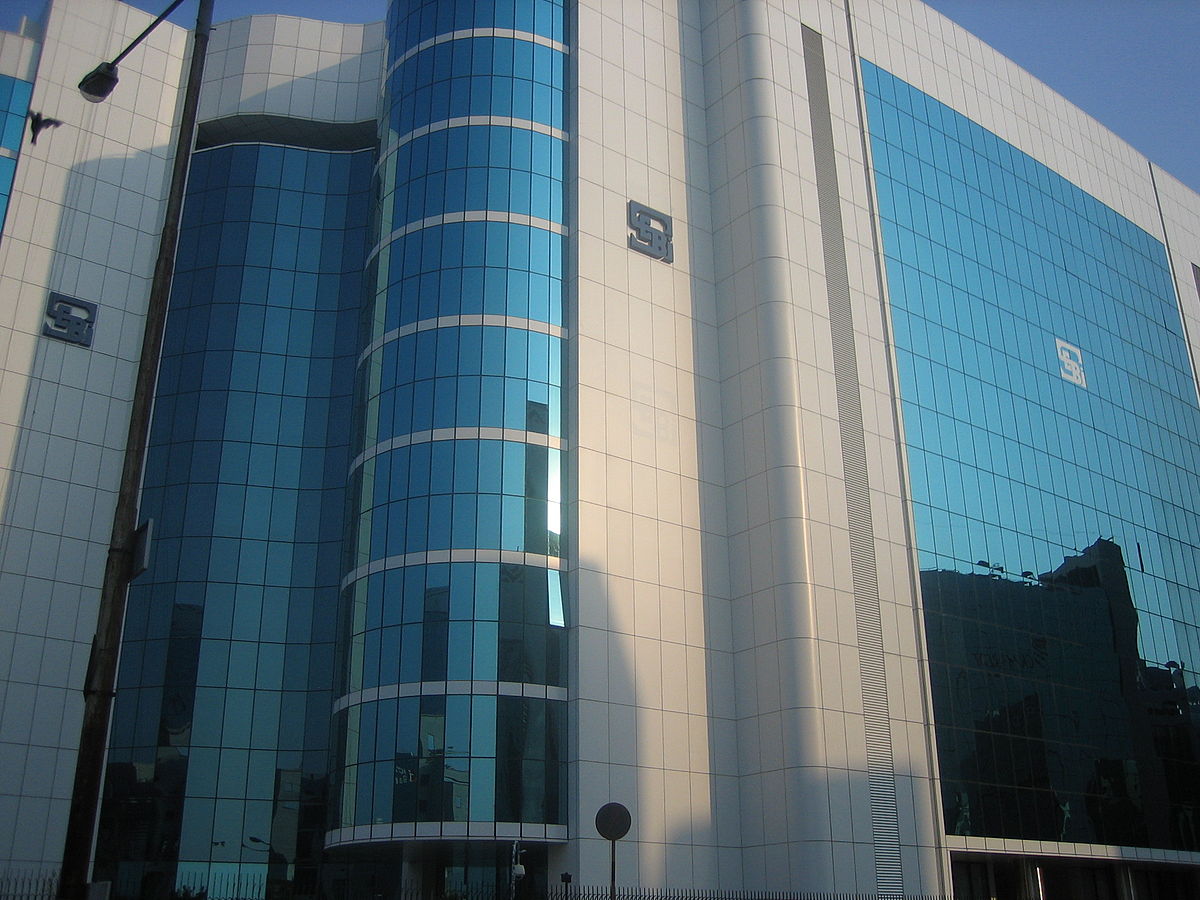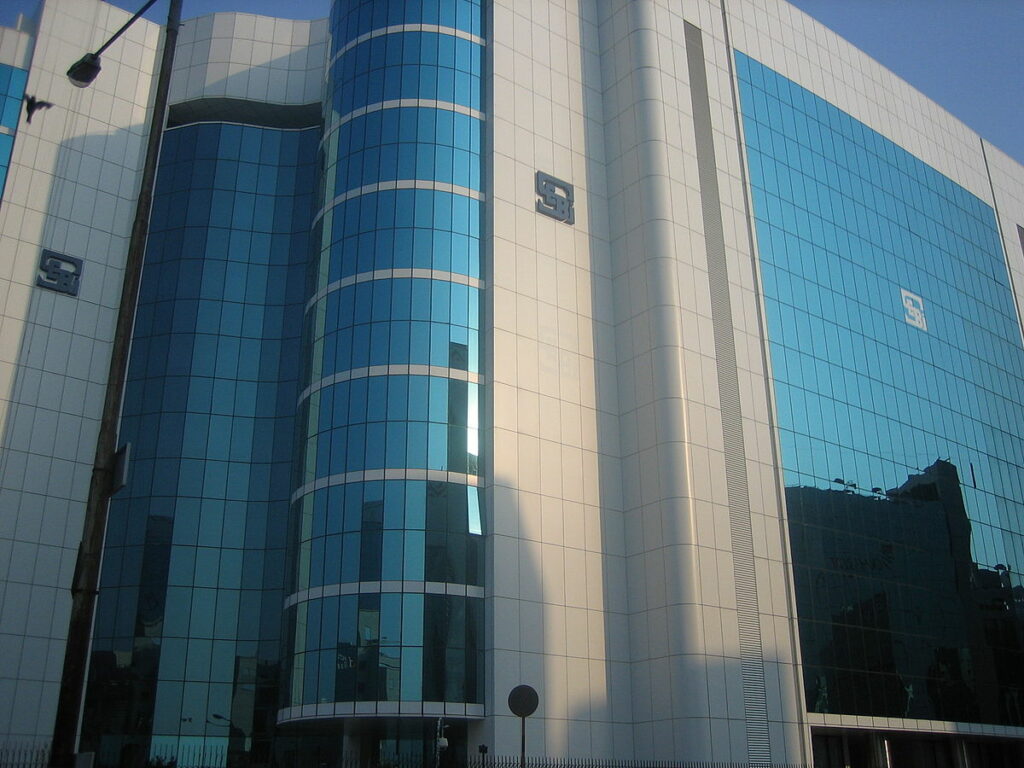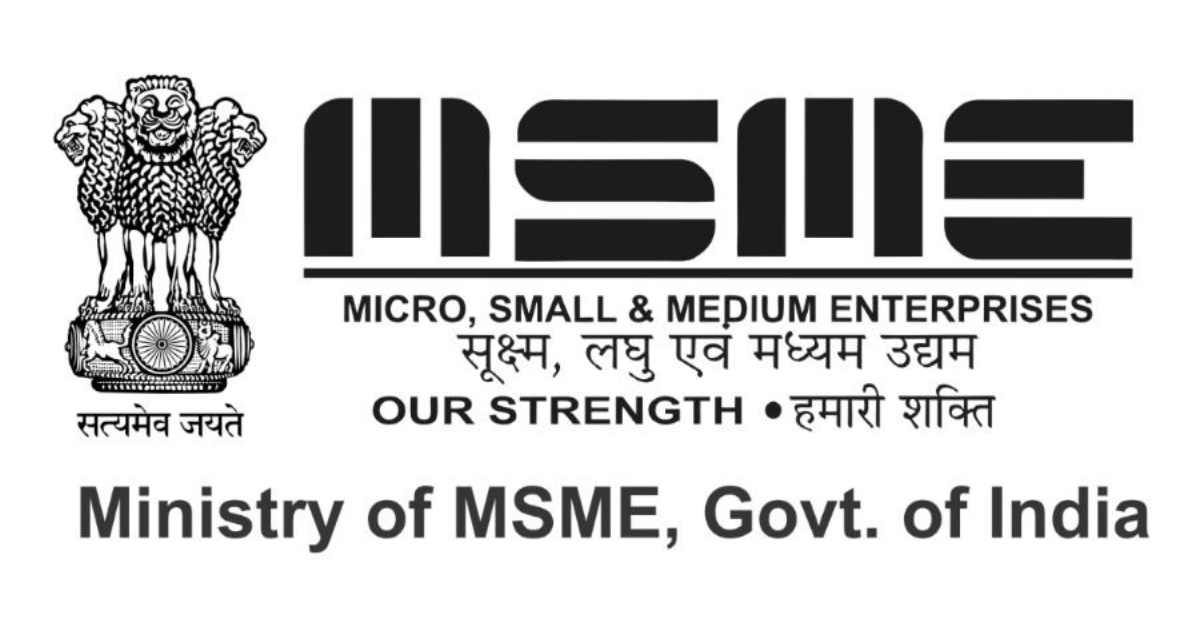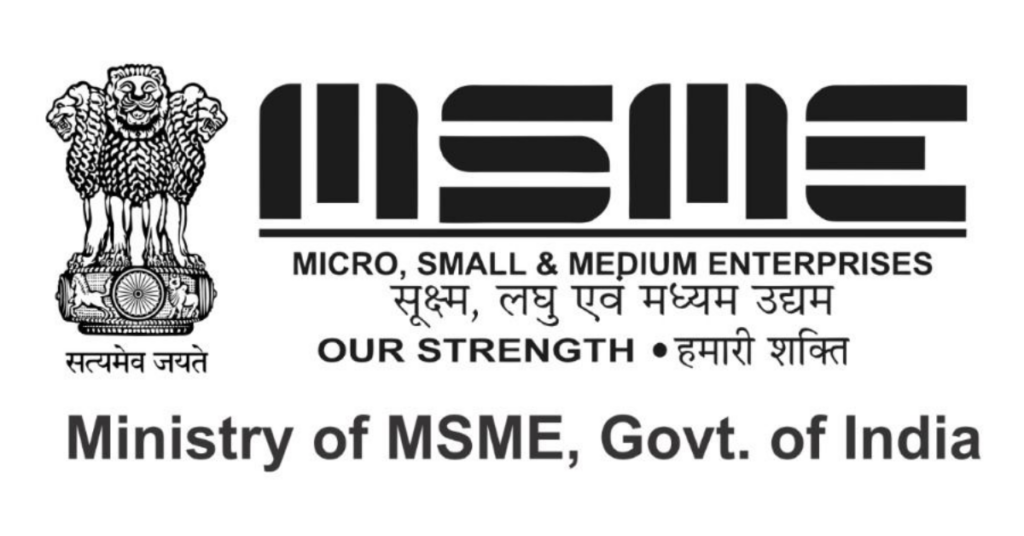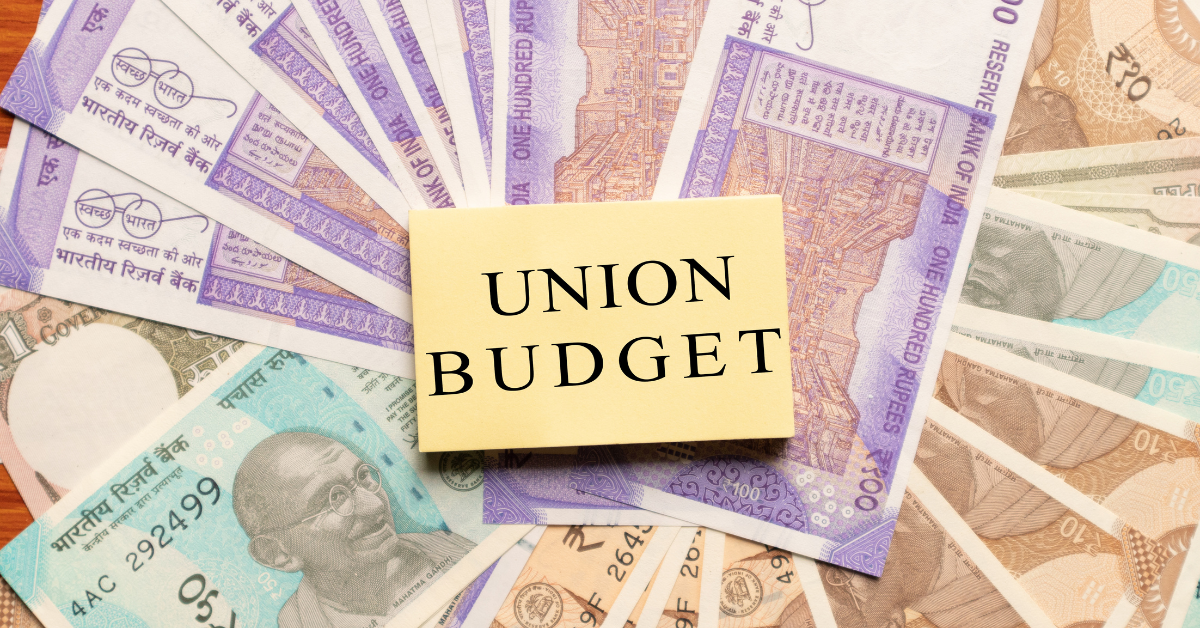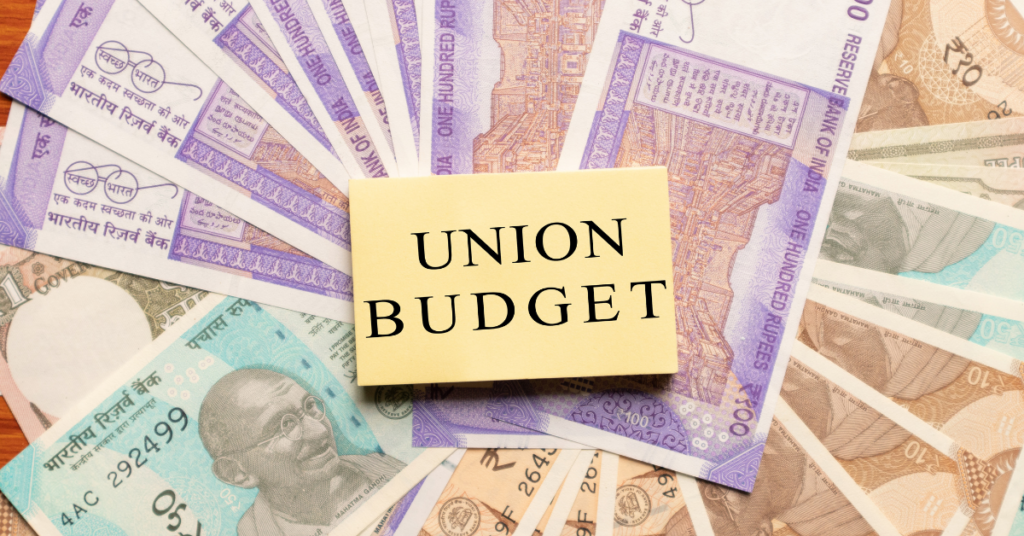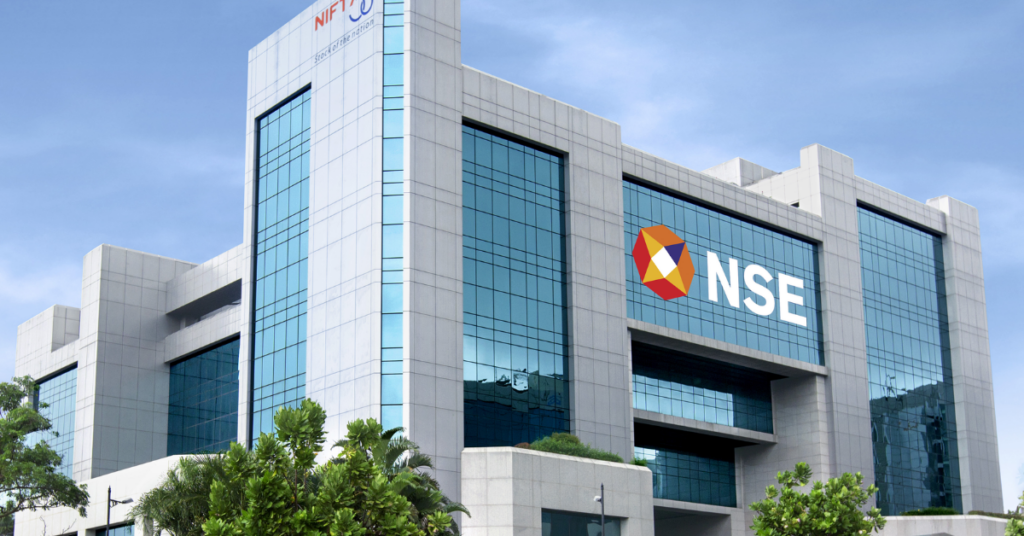
NSE Partners with Defence Ministry to Facilitate MSME Capital Access
The National Stock Exchange (NSE) has partnered with the Defence Ministry to provide capital market access to MSMEs in the defence sector through its NSE Emerge platform.
New Delhi, Jul 29 (PTI) – The National Stock Exchange (NSE) announced on Monday that it has signed a memorandum of understanding (MoU) with the Ministry of Defence to facilitate capital market access for micro, small, and medium enterprises (MSMEs) in the defence sector.
The MoU aims to help MSMEs in the defence sector raise productive capital for their growth plans efficiently and transparently through the NSE Emerge platform. This platform offers new and viable options for raising equity capital from a diversified set of investors, according to a statement from the exchange.
The MoU will be in effect for five years. During this period, the Department of Defence Production (DDP) and NSE will conduct extensive awareness drives through seminars, MSME camps, knowledge sessions, roadshows, and workshops to guide corporates engaged with the Ministry of Defence on fundraising via the NSE Emerge platform.
Additionally, NSE will assist MSMEs in connecting with intermediaries such as merchant bankers, registrars, transfer agents, and depositories. The exchange will also guide them regarding the capital markets, capital-raising mechanisms, regulatory compliance, and requirements.
The MoU was signed by the Additional Secretary of the Department of Defence Production (DDP) and the Managing Director of NSE in the presence of Defence Secretary Giridhar Aramane.
This partnership aims to help MSMEs and emerging companies in the defence sector scale up their business operations, explore new markets, and fund their R&D activities.
